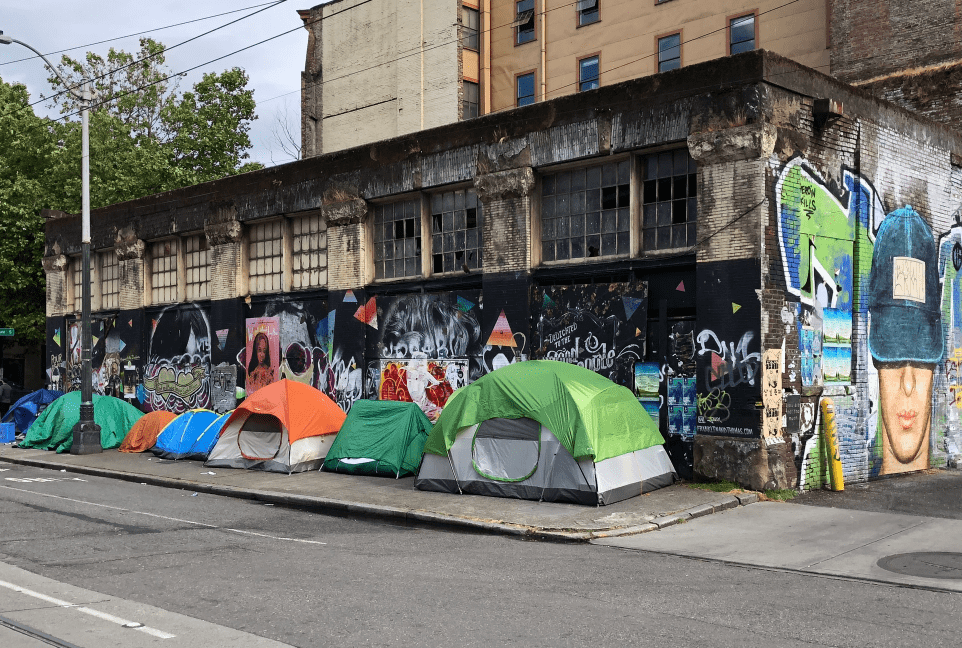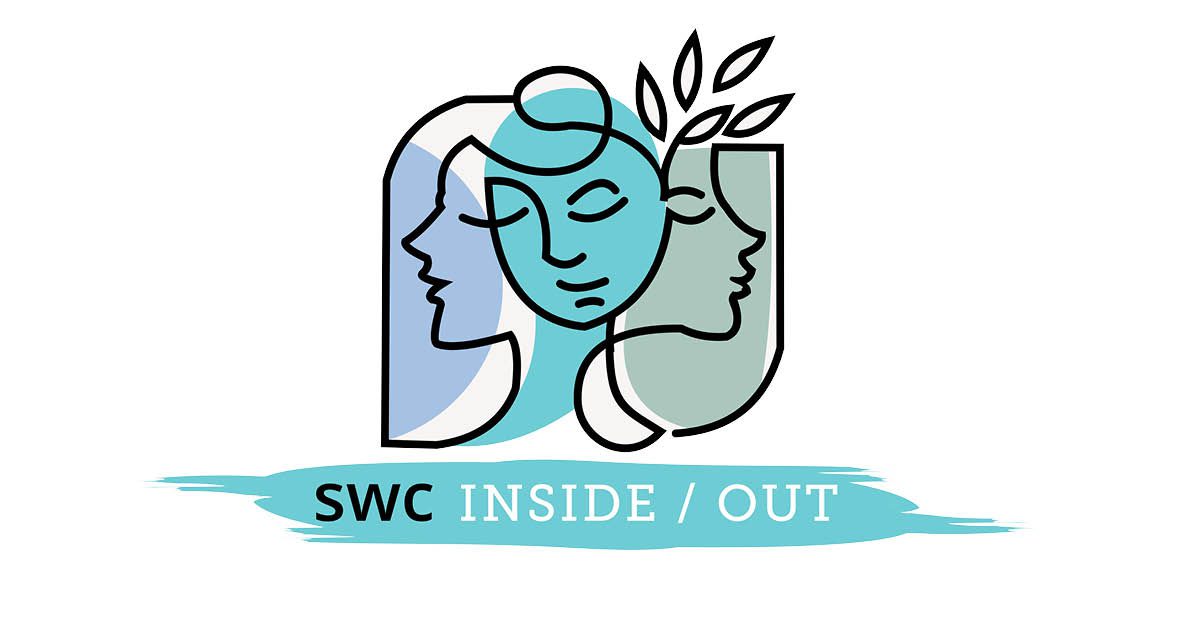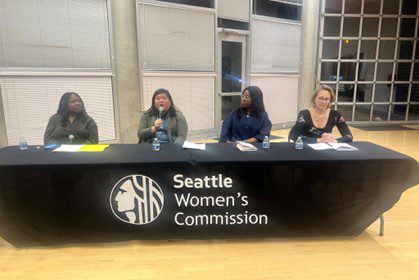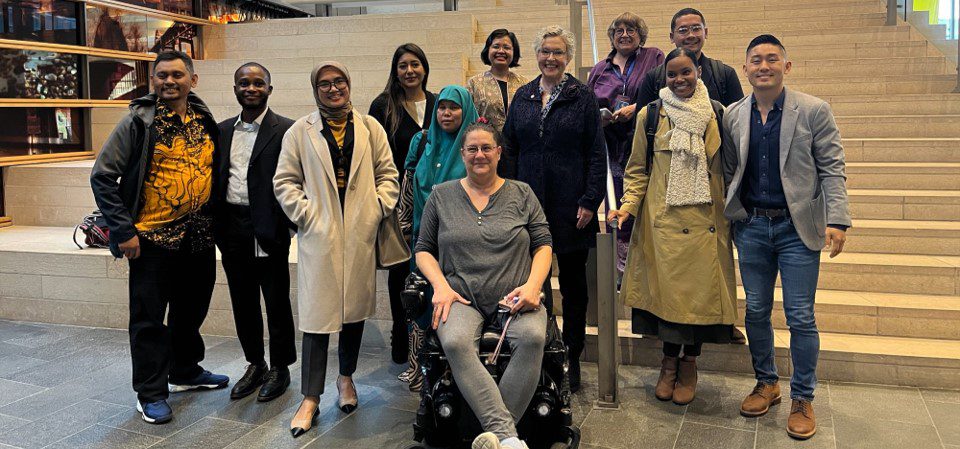
The Seattle Human Rights Commission consists of 21 representative residents of Seattle appointed to serve in an advisory capacity to the Mayor, City Council, Seattle Office for Civil Rights, and City departments on human rights issues including unsheltered individuals.
Currently, City-funded homeless outreach is decentralized, and there is no system for frequent tactical communication among all homeless outreach providers. Prior audit findings by the City Auditor also indicate that Seattle could improve its outreach and service to those who are newly unsheltered by approaching outreach as a complete system including through better coordination among outreach providers.
Like many other stakeholders, the Seattle Human Rights Commission believes the lack of coordination among providers and City agencies is one of the primary reasons why Seattle fails to provide proactive outreach to newly unsheltered individuals before they become chronically unsheltered. In fact, as reported by the City Auditor in February 2019, regular systematic coordination has primarily been limited to the Navigation Team and City departments. We believe the Mayor’s revised approach to the Navigation Team included in the 2021 proposed budget, will not end this fragmented approach because, among other things, it does not create a system for regular coordination and communication that also includes the providers funded by the Human Services Department and Seattle Public Utilities (SPU).
To achieve this end, the Seattle Human Rights Commission supports the community-focused proposal to include a new Homelessness Outreach Provider Ecosystem of five FTEs in the proposed budget that would serve in an administrative oversight and support capacity to a service provider-lead outreach and engagement ecosystem. Among other things, this team would perform:
- contract management functions for the City’s contracts with outreach providers;
- training and maintenance of a provider-led system of direct referral to shelters;
- data collection and reporting for shelter referrals;
- coordination with SPU to provide litter-pick-up, sharps clean-up, and garbage removal around encampments; and
- encampment removals in consultation with contracted outreach providers.
Addressing the human rights of unsheltered individuals in Seattle is a complex issue and will require a new approach by the City that is centered around the knowledge and experience of outreach providers. The Seattle Human Rights Commission looks forward to working with the Mayor and City Council to address this critical issue.


